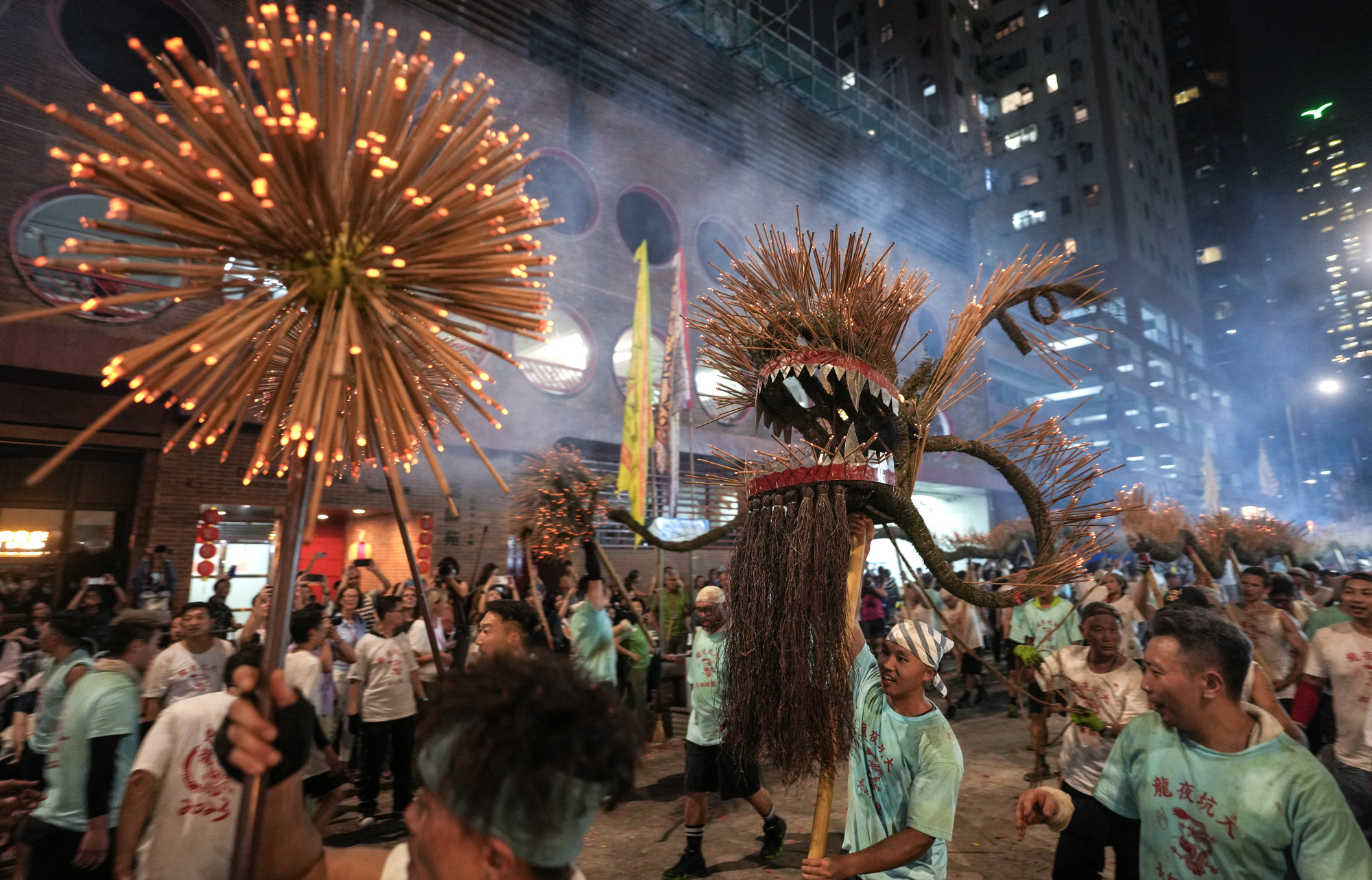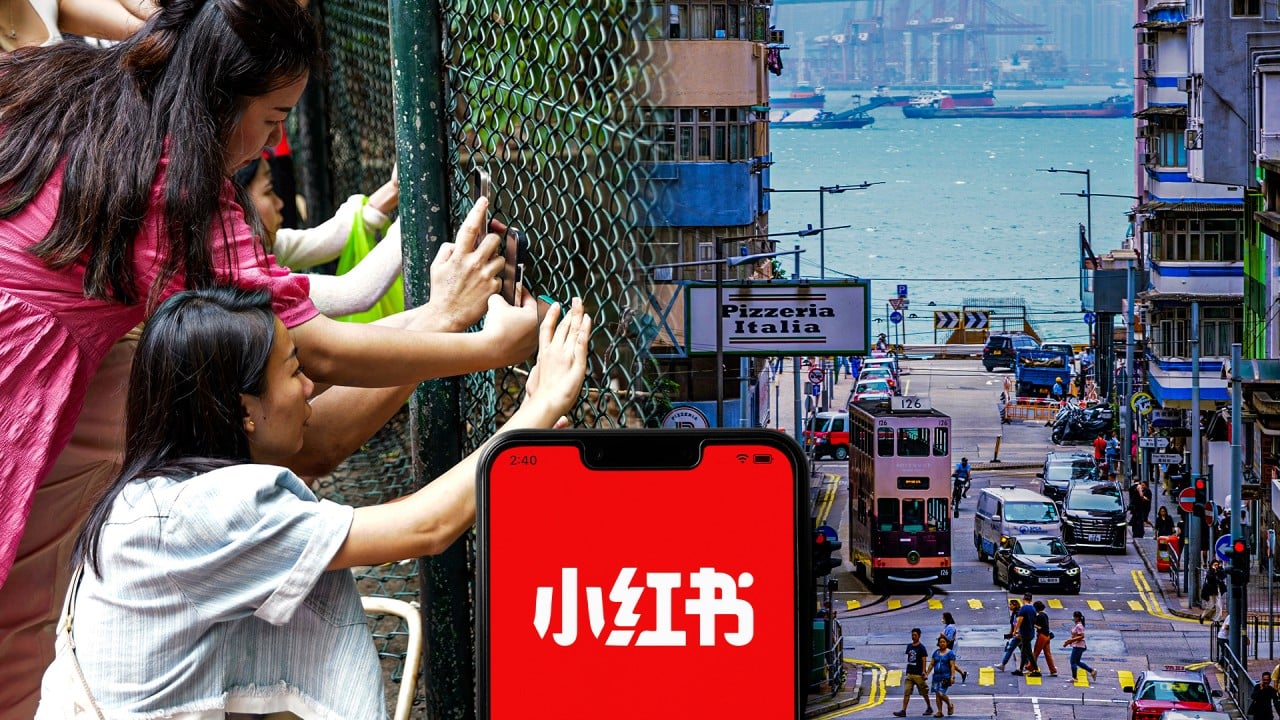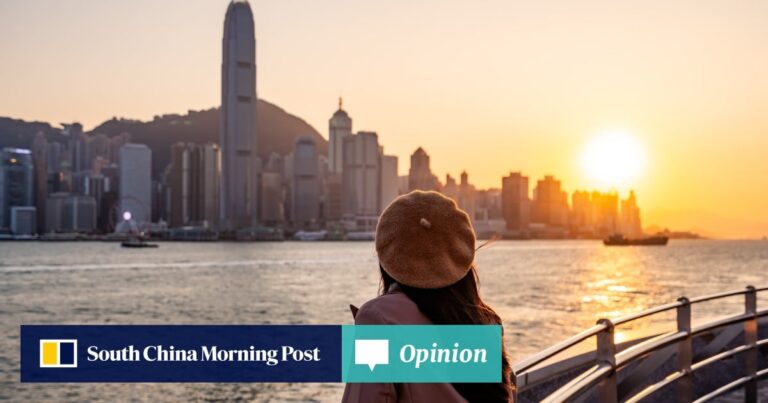Tourism industry dynamics have changed dramatically in recent years. A new generation of travellers is increasingly seeking authentic and more immersive travel experiences that go beyond traditional sightseeing and shopping. Hong Kong therefore needs to radically change its offering in innovative ways to reflect new traveller demands and become more competitive in the inbound tourist market.
The days when mainland Chinese tourists flocked to Hong Kong to buy luxury goods or items hard to find in other parts of China are not likely to return anytime soon. Rising prices and online shopping have changed people’s purchasing patterns and travel behaviour.
Eric Nock Fah, co-founder and chief operating officer of travel services platform Klook, recently shared his views on the global travel landscape at an Insights Forum hosted by Our Hong Kong Foundation, where he elaborated on how travel has been redefined, with a shift in focus towards personal growth and community impact.
Hong Kong is fortunate to have a wealth of unique characteristics. A blend of Chinese and global cultural influences, Hong Kong offers visitors a fascinating experience where East meets West. Cultural assets such as M+, the Hong Kong Palace Museum and the internationally acclaimed Hong Kong Philharmonic Orchestra are testament to our rich heritage. Hong Kong’s natural beauty and tranquility allow for many outdoor activities balanced with a vibrant urban landscape. Our highly acclaimed ultramarathons and various running and trail events deserve further support from the government. As organizations hold successful signature events and the city hosts more mega events, we will continue to revitalize our tourism sector. The annual Fire Dragon Dance Parade will return to Tai Hang on September 28, 2023 after a four-year hiatus due to the COVID-19 pandemic. Photo: Sam Tsang
The annual Fire Dragon Dance Parade will return to Tai Hang on September 28, 2023 after a four-year hiatus due to the COVID-19 pandemic. Photo: Sam Tsang
Our culinary options are endless, ranging from traditional, affordable favourites such as wonton noodles, pork buns, egg tarts and milk tea to fine dining options.
These characteristics make it a dynamic and attractive destination that meets the diverse interests and expectations of modern tourists. But to keep up with other destinations, it needs to develop new promotional strategies and innovative products.
Hong Kong’s iconic neon signs have long contributed to the city’s vibrant urban character and have been considered a top tourist attraction. However, these displays are now being phased out due to concerns about public safety and the need for more energy-efficient lighting. They must be preserved and put on display.
Sustainable tourism is important to today’s traveller and creates a balanced, symbiotic relationship between tourism, the environment and local communities. Its aim is to promote sustainability and provide economic opportunity whilst protecting natural and cultural resources.
.jpg?itok=PfEvhGDA)
09:56
How Hong Kong lost its neon glow
How Hong Kong lost its neon glow
Our unique selling points need to be packaged, tailored and promoted to specific customer segments with different wants and requirements, and the economic benefits flow into the local community. Our high cost base will continue to be an inhibitor, so innovative solutions are urgently needed. New York, London and Paris are expensive, but people still visit these cities for the experience.
The private sector and governments need to work closely together to align messaging, develop targeted marketing campaigns, and come up with appropriate strategies to attract tourists from mainland China and overseas.
By leveraging data-driven insights and technological advancements, Hong Kong can provide seamless, personalised and effective travel solutions, including integrating artificial intelligence with mobile apps and integrated booking platforms that provide frictionless, customised experiences.

03:23
Mainland China’s social media site “Little Red Book” introduces unexpected tourist spots in Hong Kong
Mainland China’s social media site “Little Red Book” introduces unexpected tourist spots in Hong Kong
Instead of relying on traditional marketing techniques, more people are making purchasing decisions based on reviews and recommendations from social media, digital content creators and influencers. To stimulate tourism and increase cruise ship traffic, the National Immigration Bureau has expanded visa-free passage to 13 ports. Mainland China has also extended visa-free entry for travelers from 12 countries until the end of 2025. This pilot program allows visitors to enter the country visa-free for up to 15 days. As the gateway to mainland China, we need to capture a larger share of these inbound travelers. The tourism industry has dramatically evolved, expanding into increasingly diverse areas, from health and wellness retreats to educational tours. Hong Kong is at a critical crossroads and needs to rethink, refocus and rebrand to develop compelling offerings that appeal to this new type of discerning tourist.
Bernard Chan is a Hong Kong businessman and former Chairman of the Executive Council.

